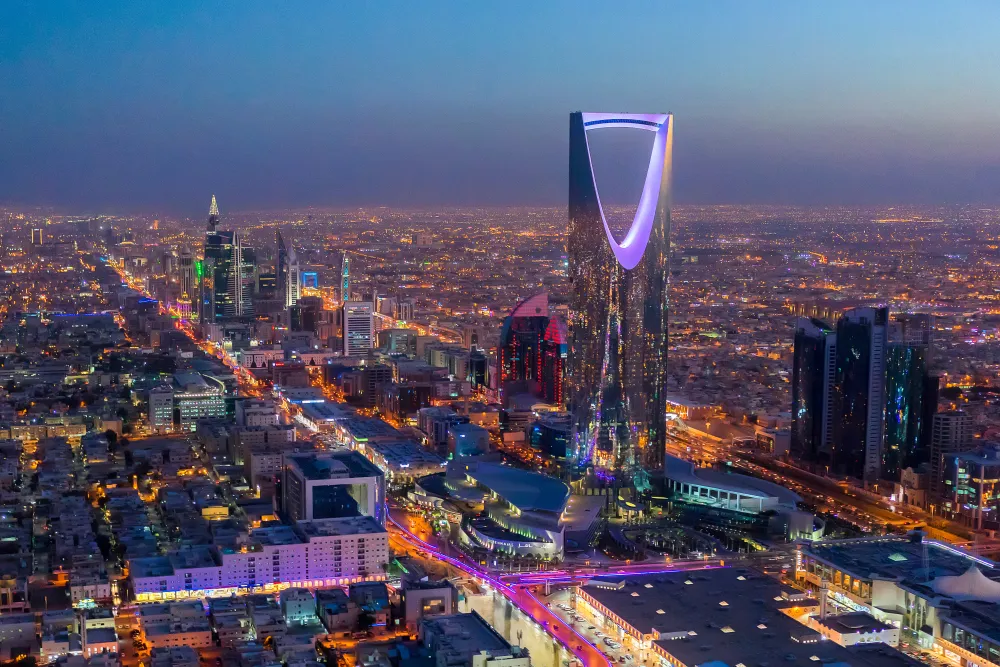Now Reading: 10 Countries That Have Banned Nigerian Visas – Here’s What You Should Know
-
01
10 Countries That Have Banned Nigerian Visas – Here’s What You Should Know
10 Countries That Have Banned Nigerian Visas – Here’s What You Should Know

As Global immigration policies tighten, Nigerian travelers are increasingly facing tougher restrictions when applying for visas abroad. Several countries have either temporarily suspended visa applications from Nigeria or placed the country on high-risk watchlists due to various diplomatic, security, or immigration concerns.
Here are 10 countries that have banned or restricted Nigerian visas, along with the reasons behind their decisions.
1. United Arab Emirates (UAE)
United Arab Emirates
The UAE suspended visa issuance to Nigerians in 2022 following diplomatic tensions and security-related issues. Although discussions between both governments have occurred, the ban remains largely in place as of mid-2025.
“We are working on resolving issues with the UAE to resume normal travel operations,” said Nigeria’s Foreign Affairs Minister, Yusuf Tuggar, according to Vanguard.
2. Saudi Arabia

Saudi Arabia
Saudi Arabia has imposed stricter visa screening for Nigerians, especially during the Hajj season. Many applications are now rejected due to what the Kingdom described as “overstaying risks and document irregularities.”
3. Turkey
Turkey
In 2023, Turkey toughened its visa process for Nigerian applicants, demanding more documentation and longer processing periods. While not a full ban, the process has become extremely difficult, leading to a sharp drop in approvals.
4. Malaysia

Malaysia
Malaysia added Nigeria to its “high-risk countries list” in 2024. Many Nigerian students and tourists now report increased rejections or prolonged delays. The Malaysian Immigration Department cited rising concerns over fraudulent visa applications.
5. Indonesia

Indonesia
Indonesia has quietly restricted Nigerian visa approvals, especially for student and work-related categories. According to a Punch report, only a limited number of Nigerians are now being granted access annually.
Read Also :Crash on Lagos Abeokuta Expressway Leaves Two Dead, Nine Injured
6. South Africa
SOUTH AFRICA
Despite being a major African partner, South Africa continues to deny a significant percentage of Nigerian visa applications. The country cites concerns over migration abuse and overstaying issues.
7. United States

United States
While the U.S. has not officially banned Nigerian visa applications, the rejection rate remains high, especially for B1/B2 (tourist/business) visas. In 2024, the U.S. Embassy in Abuja issued a statement urging applicants to submit complete and genuine documentation.
9. Morocco

Morocco
Morocco reportedly placed Nigeria on a list of countries under “special scrutiny.” Nigerians now face more thorough screenings and a lower acceptance rate for short-term visit visas.
10. Philippines
Philippine
The Philippines suspended certain visa categories for Nigerians in 2023 after multiple reports of illegal overstays. Although the government claims it’s a temporary measure, there’s no clear timeline for resolution.
Read Also :Ganduje Resigns as APC Chairman, Appointed FAAN Board Chairman
Why Are Nigerians Being Targeted?
The reasons behind these restrictions vary. Some countries cite immigration rule violations, others mention diplomatic tensions, and a few express concerns over fraudulent documentation.
“Nigerians are not inherently the problem, but some applicants abuse the system, which spoils things for everyone,” said a visa officer who spoke anonymously to GlobalHints.
What This Means for Nigerian Travelers
For Nigerians planning to travel abroad, these bans and restrictions are a sobering reminder of the importance of credible documentation and strict compliance with host country regulations.
The Federal Government has assured citizens that it is working diplomatically to mend bilateral relations and restore travel ease.
“We urge Nigerians to apply only through official channels and avoid agents that make false promises,” the Nigeria Immigration Service (NIS) stated in a recent advisory.
Final Thoughts
While visa restrictions are a setback for global mobility, they also highlight the need for Nigeria to strengthen its diplomatic ties and promote responsible travel habits among its citizens.
“Rebuilding trust takes time, but we believe it’s possible,” says international relations expert, Dr. Kemi Olawale. “We must show the world the best version of Nigeria.”





